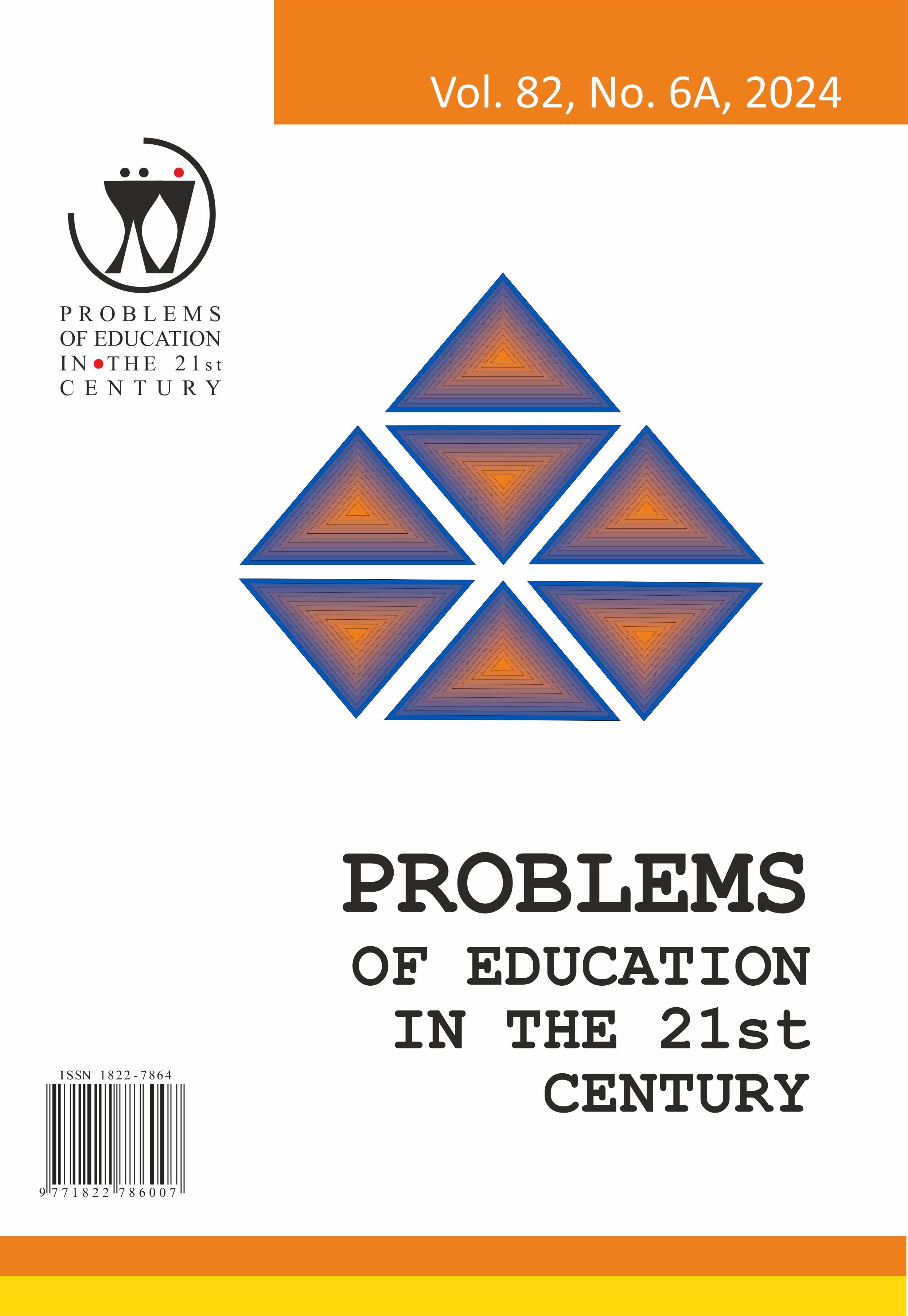THE PRACTICE OF UNIVERSITY SOCIAL RESPONSIBILITY AND GENERAL EDUCATION: PROMOTING COMMUNITY COLLABORATION AND STUDENT ENGAGEMENT THROUGH MICRO-COURSES
THE PRACTICE OF UNIVERSITY SOCIAL RESPONSIBILITY AND GENERAL EDUCATION: PROMOTING COMMUNITY COLLABORATION AND STUDENT ENGAGEMENT THROUGH MICRO-COURSES
Author(s): Chen Kung HuangSubject(s): Social Sciences, Education, Higher Education , Tourism
Published by: Scientia Socialis, UAB
Keywords: university social responsibility; community-based tourism; participatory action research; general education; university-community collaboration;
Summary/Abstract: In an era of growing emphasis on sustainable development and the social responsibility of higher education, universities are increasingly seeking innovative ways to integrate learning with community engagement. This study aims to integrate University Social Responsibility (USR) with general education through micro-courses focused on Community-Based Tourism (CBT) within a Participatory Action Research (PAR) framework. A research team from National Chiayi University collaborated closely with the Haomei community in Taiwan over a two-year period to co-develop courses covering religious traditions, industrial culture, historical heritage, and ecological conservation. These courses provided students with immersive, hands-on learning experiences. A total of 78 students from 28 academic disciplines participated, enhancing their sense of social responsibility and community engagement. The findings reveal five key factors essential for successful university-community collaboration: trust building, shared objectives, continuous communication, resource sharing, and adaptability. The study demonstrates that integrating USR with innovative educational practices can drive universities to become agents of social change. This model not only strengthens student learning and engagement but also promotes sustainable community development, offering a valuable framework for higher education institutions worldwide.
Journal: Problems of Education in the 21st Century
- Issue Year: 82/2024
- Issue No: 6A
- Page Range: 1009-1028
- Page Count: 20
- Language: English

